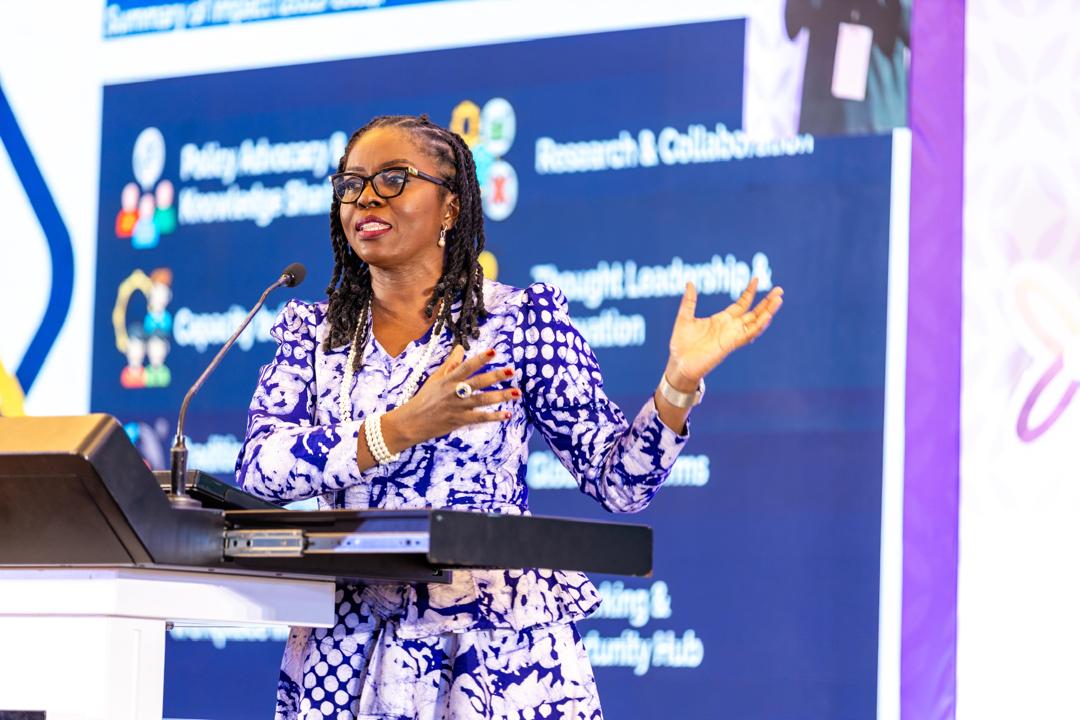By Usman Umar in Abuja.
On the sidelines of the Gender and Inclusion Summit 2025 in Abuja, Dr. Osasuyi Dirisu spoke with the urgency of someone unwilling to let another policy conversation dissolve into well-meaning rhetoric.
“Until we can come together and have real conversations, ensuring that those affected are in the room, alongside policymakers and stakeholders, we will not make progress,” said Dirisu, Executive Director of the Policy Innovation Centre, organisers of the summit. “Nobody is a big man here. Whether you are a policymaker or a market woman, we can collectively share our pain points and co-create solutions.”
It is a deliberate reset from the performative conferences that too often dot Nigeria’s policy landscape. Since 2022, the summit has styled itself as more than just a talking shop. Dirisu describes it as both a “conversation and advocacy platform,” one that not only diagnoses Nigeria’s stubborn inequities but distills its findings into a tangible product, the Purple Book. Containing recommendations from every summit, the book is used to press ministries, governors and development partners to translate promises into action.
That insistence on continuity is what makes this gathering unusual. “When the summit ends, everyone else rests,” Dirisu said. “But for us, the real burden begins, turning discussions into real solutions.” She points to grassroots initiatives launched after last year’s summit, including collaborations with religious and traditional leaders to reshape community attitudes, and the Women’s Economic Empowerment roadmap piloted in Lagos in partnership with the Gates Foundation. Out of that project emerged the voice of the Iya Loja General of Ikeja (market leader), amplified in Abuja to remind first ladies and governors that gender policy is lived reality, not abstract legislation.
The stakes are rising. Nigeria is debating a Reserved Seats Bill aimed at boosting women’s political representation, which stands at just 4.2 percent in the National Assembly. Dirisu is clear: “Social inclusion is a social justice issue. The more we exclude vulnerable groups, the more we create wedges that divide us further as a country.”
Her message is stark but hopeful: inclusion is not an act of charity, it is the scaffolding of a stable, prosperous nation. And in Abuja this week, the summit set itself apart by demanding exactly that.
